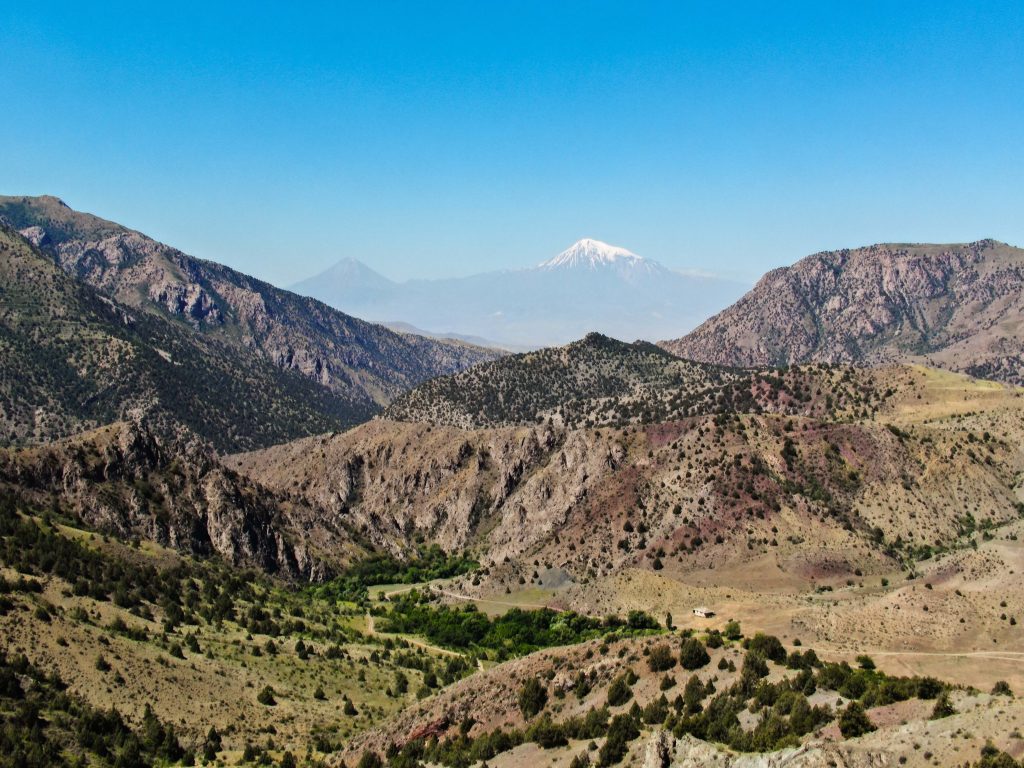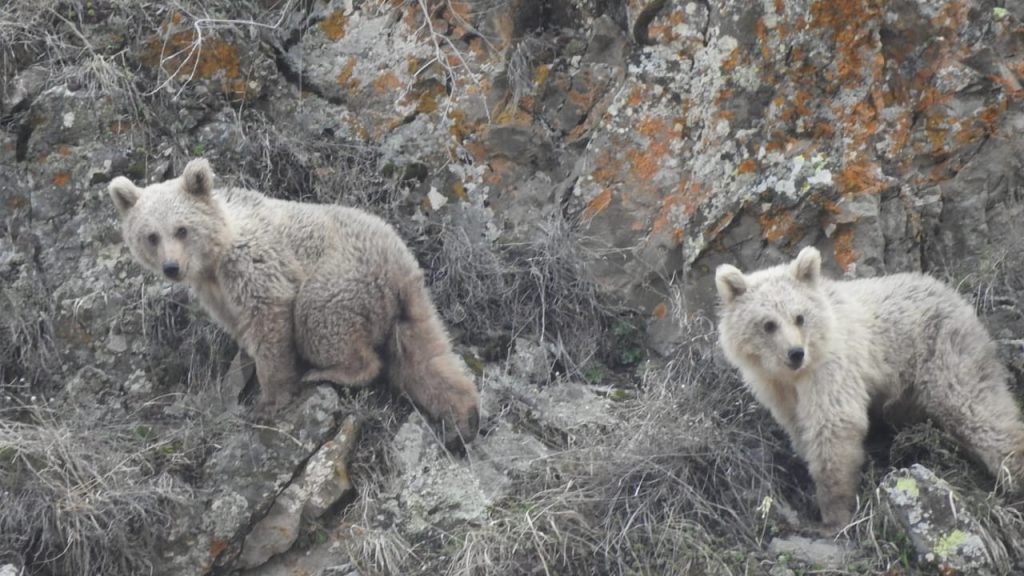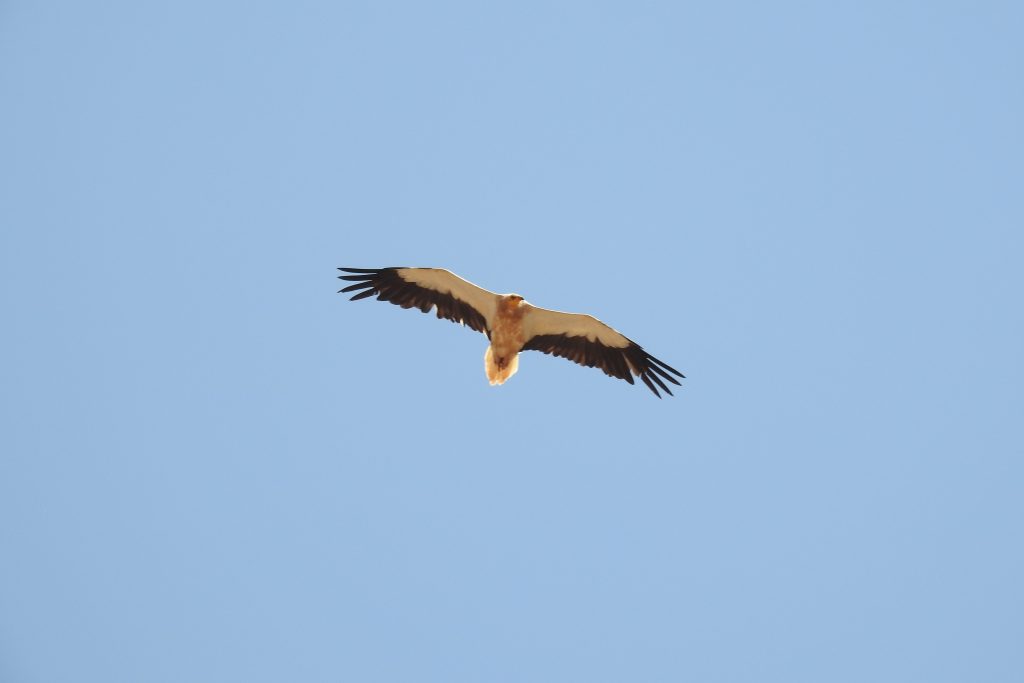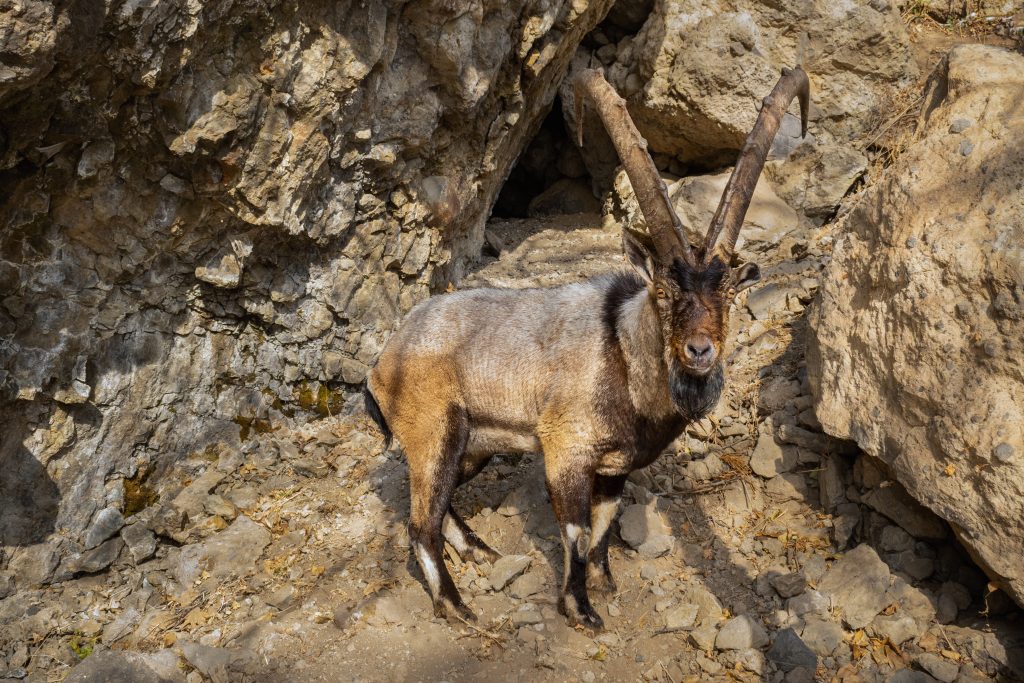News
World Land Trust Supports Armenia
Flexiteek and World Land Trust’s partnership is well documented. Since 2020, Flexiteek has funded the planting and nurturing of more than 32000 trees through WLT’s Plant a Tree programme. This blog series will explore where these trees are planted and why these areas are so significant to protect. In this update, we would like to highlight the newest location being supported, the Caucasus Wildlife Refuge.

OVERVIEW
The Caucasus Wildlife Refuge is in Armenia, along the south edge of Sevan Lake. World Land Trust has worked with their partner the Foundation for the Preservation of Wildlife and Cultural Assets (FPWC) since 2010 to create the Caucasus Wildlife Refuge. where FPWC is safeguarding over 26,000 ha of land. This year, it is the newest project to join the Plant A Tree programme, to respond to deforestation that has taken place and restore degraded habitat within the Refuge. Due to climate change and increasing desertification, these forests cannot heal themselves. This is where World Land Trust comes in. Following a 20,000-sapling pilot in this area, a larger scale project is being rolled out this year to protect key migration routes.
Armenia is one of the top 35 biodiverse regions in the world. This ranking is aided by its unique position at a crossroads of where European, Asian, and Middle Eastern species travel. The trees that are planted in the coming years will restore a corridor that is frequently used by 44 different mammal species. This will allow for a safe and healthy section of land for animals to hunt, breed and rest. With 150 bird species in its midst, it falls within 2 Important Bird Areas (IBAs) – Khosrov Forest and Noravank, while bordering on a third – Gndasar. Animals are not the only prominent wildlife present at the Caucasus Wildlife Refuge. The land is rich in plant diversity, and home to 7,500 species.
THREATS
The bulk of deforestation in this area of Armenia occurred in the 1990s. This was largely instigated by the energy crisis during Armenia’s post-Soviet years, after their independence in 1991. However, this land was not exempted when everything settled down. Between illegal logging, overgrazing, unsustainable plant gathering and human-induced wildfires, the refuge was unable to recover. It is now under threat from creeping desertification. With increased droughts, declining rainfall, deforestation and soil degradation, WLT is now supporting FPWC as part of the Plant a Tree programme in order to restore this habitat for its wildlife and biodiversity.
ORGANSISATIONS AND SUPPORT
World Land Trust partnered with FPWC in 2010. FPWC oversee training, management, and also enact community engagement meetings. Community benefits of conservation projects have been integral to both charities since formation. FPWC work with nearby provinces, Ararat and Vayots Dzor, who cede land to the refuge and benefit from lease payments to improve their villages. Through maintaining healthy trees and wildlife, water sources are protected allowing for clean water access for local people.
This is an area of Armenia many people leave due to a lack of job opportunities. Helped by the support of WLT, FPWC provide a range of jobs from gathering seeds, stratification, nursery management, planting trees and monitoring until the trees can survive on their own.
In 2015, the UN listed 17 goals for a sustainable future. This project details a variety of SDGs ranging from environmental to social benefits. This project advances the goals below.





WILDLIFE
This year, WLT is supporting FPWC to reforest a corridor for safe animal travel, currently 44 different species, with varying conservation categories. From endangered animals like Caucasian Leopards, Syrian Brown Bears, and Armenian Mouflons. To Least Concerned animals such as Grey Wolves, Eurasian Lynxes and Caspian Snowcocks. Between 2023 and 2027, this corridor will be developed by planting 700,000 trees to restore 300 ha of land. The trees that will support the restoration process will be native species and planted in areas with the right elevation, orientation, and slope for the saplings to thrive. Although in the snow-capped lands of Armenia, will be a science in-of-itself.



Want to support World Land Trust and the work they do? Donate, or join the Plant A Tree programme.
Find out more about Flexiteek’s environmental commitment.
Interested in the Sustainable Development Goals of the United Nations? Read more.
Download the PDF version of this profile.
About FLEXITEEK International
Flexiteek is the original market-leading manufacturer of synthetic teak decking. Founded in 2000, many of the original decks laid are still going strong and looking great to this day. There is a worldwide reach relying on a cultivated global distributor network and also over 200 of the world’s leading boat builders. For more information visit https://www.flexiteek.com/
Contact Information
Press enquiries, contact Steve Moore at [email protected] or call on +44 (0)1621 869609
Advertising enquiries, contact Emily Norman at [email protected] or call on +44 (0)1621 869609
Media enquiries, contact Phoebe Maxted at [email protected] or call on +44 (0)1621 869609